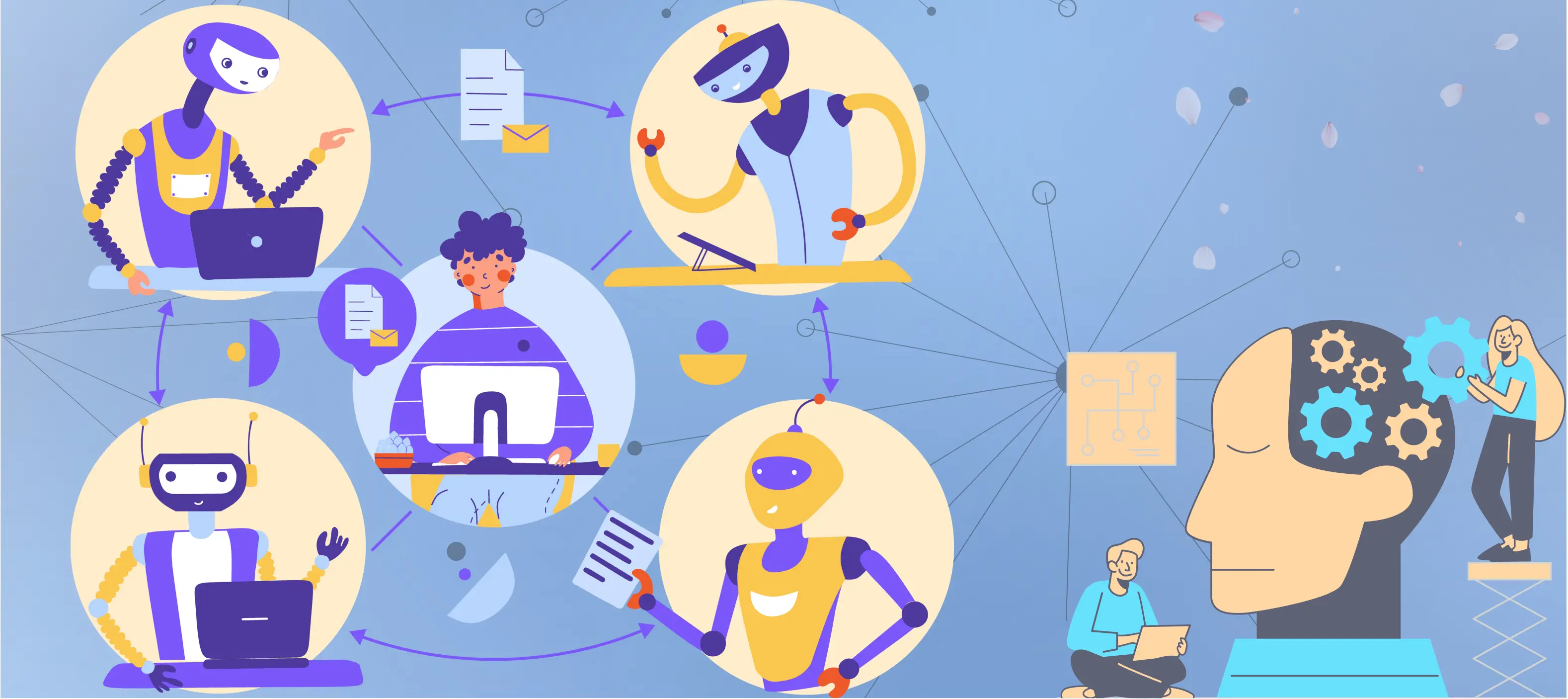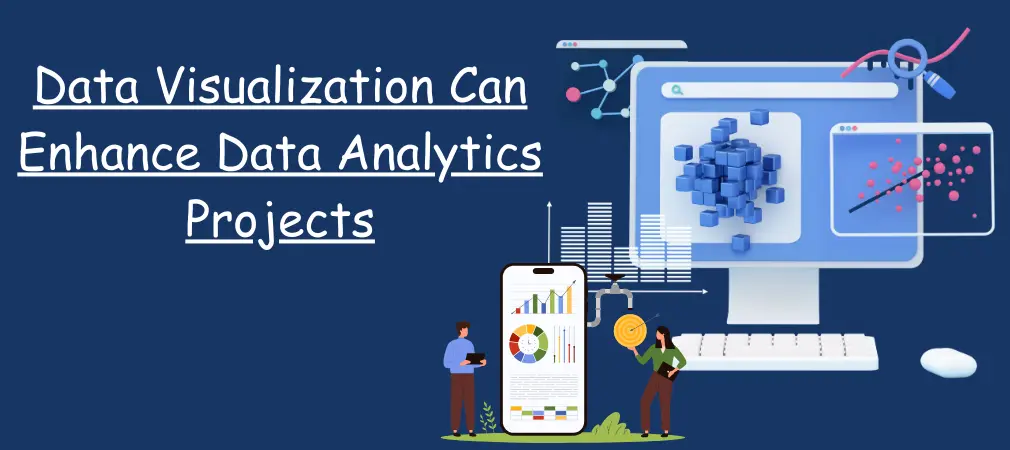AI-Powered Transformation: Revolutionizing SEM Strategies
Updated on 21th July, 2024
190k views

10 min Read
Introduction

Search Engine Marketing (SEM)is a powerful way to reach your target audience and drive conversions. But how can you make sure your ads are relevant, engaging, and tailored to each user's needs and preferences? That's where artificial intelligence (AI) comes in. AI can help you create more personalised SEM campaigns by analysing data, optimising bids, generating content, and testing variations.
Integrating Artificial intelligence (AI) into Search Engine Marketing (SEM) can enhance campaign efficiency, targeting accuracy, and overall performance.
Data analysis
AI can help you collect and process large amounts of data from various sources, such as search engines, social media, website analytics, and customer feedback. By using AI tools, you can gain insights into your audience's behaviour, interests, intent, and pain points..
Bid optimization
AI can help you optimise your bids and budget for your SEM campaigns by using machine learning algorithms. These algorithms can analyse the performance of your ads and keywords, as well as the market conditions and competition. They can then adjust your bids in real time to maximise your return on ad spend (ROAS) and minimise your cost per acquisition (CPA).
Content generation
AI can help you generate compelling and persuasive content for your SEM campaigns by using natural language processing (NLP) and natural language generation (NLG) techniques. These techniques can help you create headlines, descriptions, and landing pages that match your audience's intent and preferences.
Testing and experimentation
AI can help you test and experiment with different variations of your SEM campaigns by using multivariate testing and predictive analytics. These methods can help you compare and evaluate the performance of different elements of your ads and landing pages, such as images, colours, fonts, layouts, and calls to action. You can also use AI tools to generate and test new ideas and hypotheses, as well as to learn from your results and feedback.
Dynamic PPC Campaigns
EM relies heavily on pay-per-click (PPC) advertising campaigns. AI-driven tools can automatically adjust bidding strategies, allocate budgets, and optimise ad placements based on real-time data. This results in cost-effective campaigns with better click-through rates and conversions..
Keyword and Trend Analysis
AI algorithms can analyse search patterns and identify emerging keywords and trends. This information can help marketers stay ahead of the competition and optimise their campaigns for trending topics
Fraud Detection and Prevention
AI algorithms can identify patterns associated with click fraud and other fraudulent activities. This helps in maintaining the integrity of SEM campaigns and ensuring that advertisers get genuine clicks.
Voice Search Optimization
With the rise of voice search, AI can help optimise SEM strategies for voice-enabled devices. This includes adjusting keyword targeting and creating content that aligns with the natural language used in voice queries.
Cross-Channel Integration
AI can facilitate the integration of SEM with other marketing channels. This ensures a cohesive and consistent approach across various platforms, maximising the impact of marketing efforts
Automated Bidding
AI-powered bidding algorithms can analyse vast amounts of data in real-time to adjust bidding strategies. This helps in optimising bids for keywords, placements, and audiences to achieve better performance and return on investment (ROI).
Ad Copy Optimization
Natural Language Processing (NLP) algorithms can analyse the effectiveness of ad copy. AI can help in crafting compelling ad copies based on historical performance and current trends, improving click-through rates (CTR) and engagement.
Conclusion
Integrating AI into Search Engine Marketing (SEM) revolutionises campaign management by automating processes, enhancing targeting precision, and delivering personalised experiences to users. AI-driven solutions optimise bidding strategies, ad content, audience targeting, and placement decisions, leading to improved performance and ROI. By harnessing the power of AI, marketers can stay competitive in the dynamic digital landscape and achieve greater efficiency and effectiveness in their SEM initiatives.
Bootcamps
Bestseller
Data Science Course
Start Date :Aug 09, 2025
Duration :4 Months
Bestseller
Data Analyst Course
Start Date :Aug 09, 2025
Duration :4 Months
Suggested Blogs
The rise of AI in Lok Sabha elections : Transforming India’s voting landscape
Updated on 21th July, 2024

190k views

10 min Read
The Growing Role of Marketing Chatbots and AI in Modern Digital Marketing
Updated on 21th July, 2024

190k views

10 min Read
Data Engineering Reinvented Navigating the AI Frontier
Updated on 21th July, 2024


More Blogs
© 2025 LEJHRO. All Rights Reserved.





